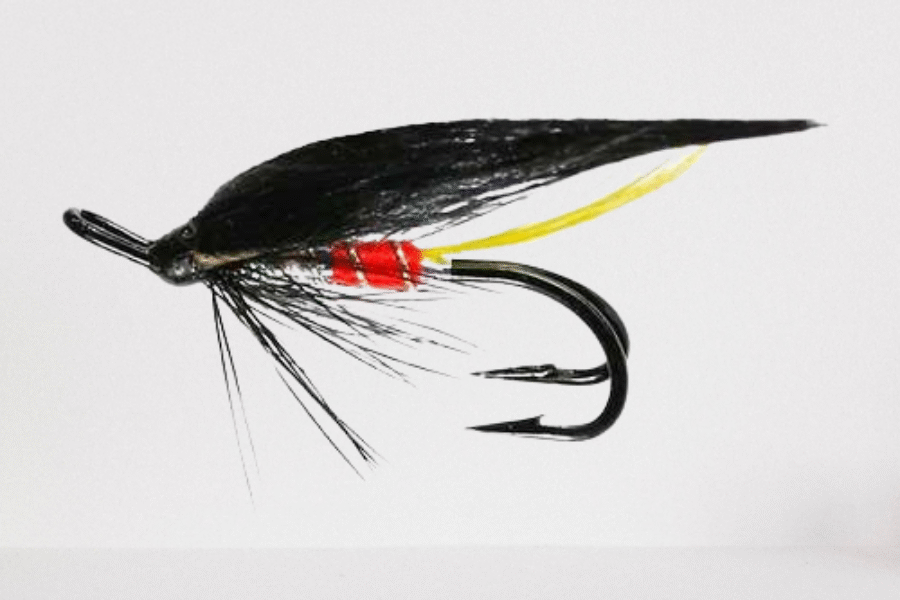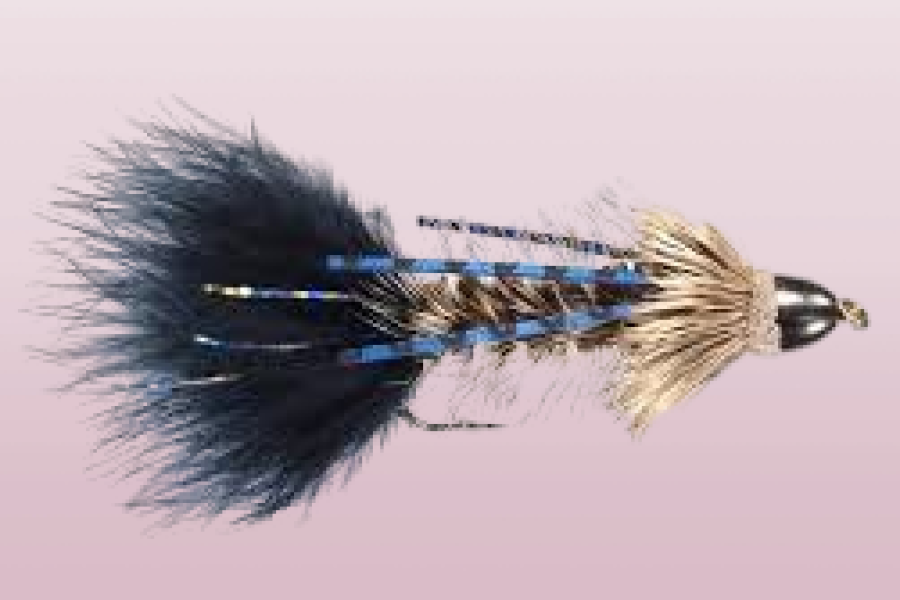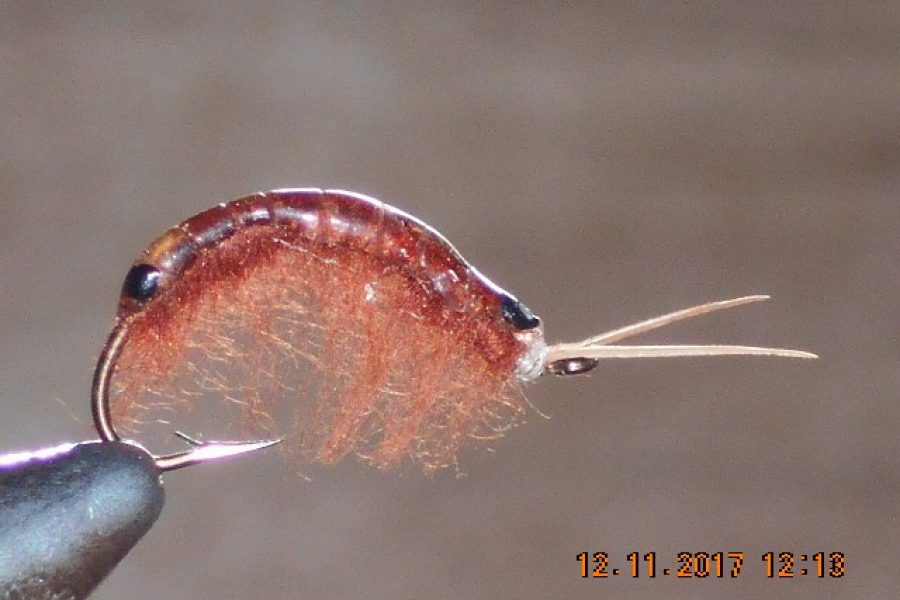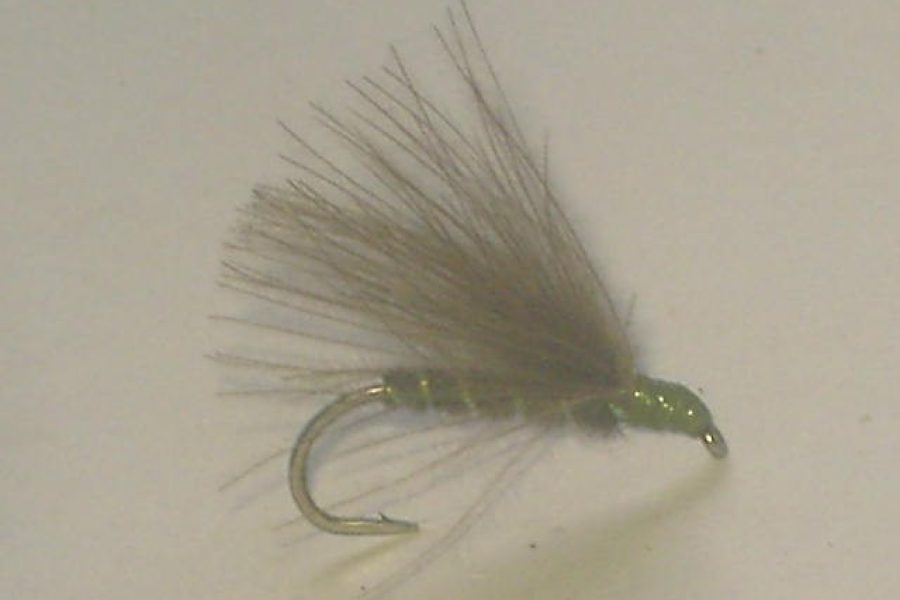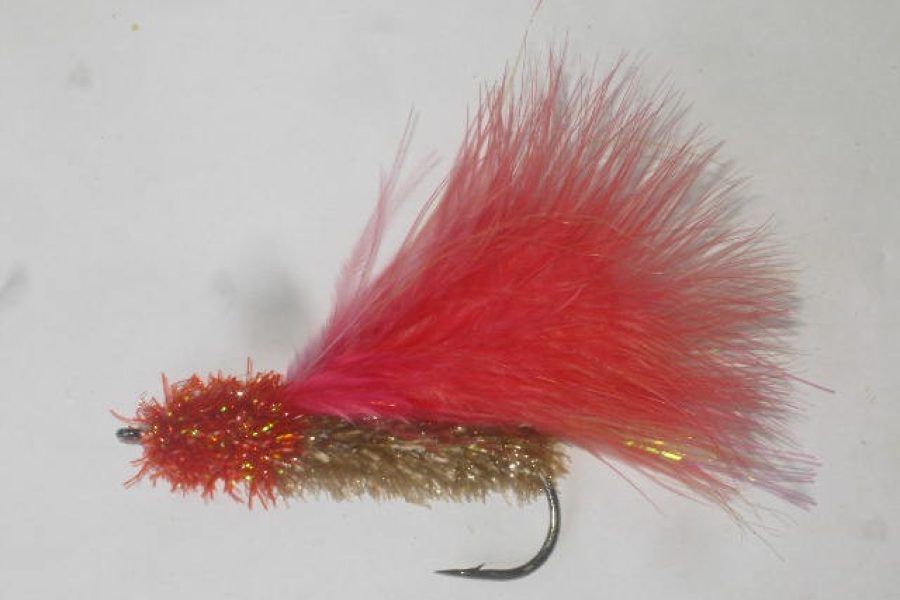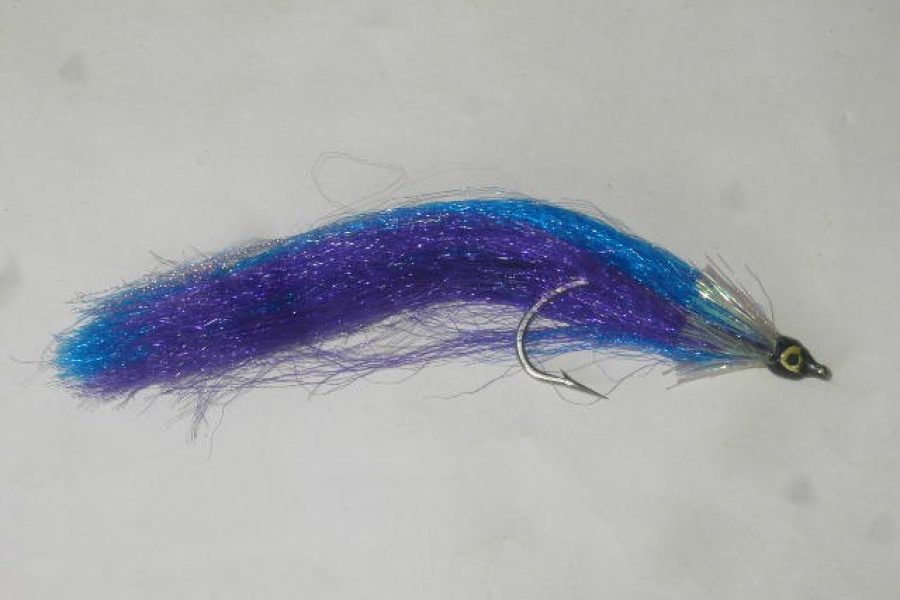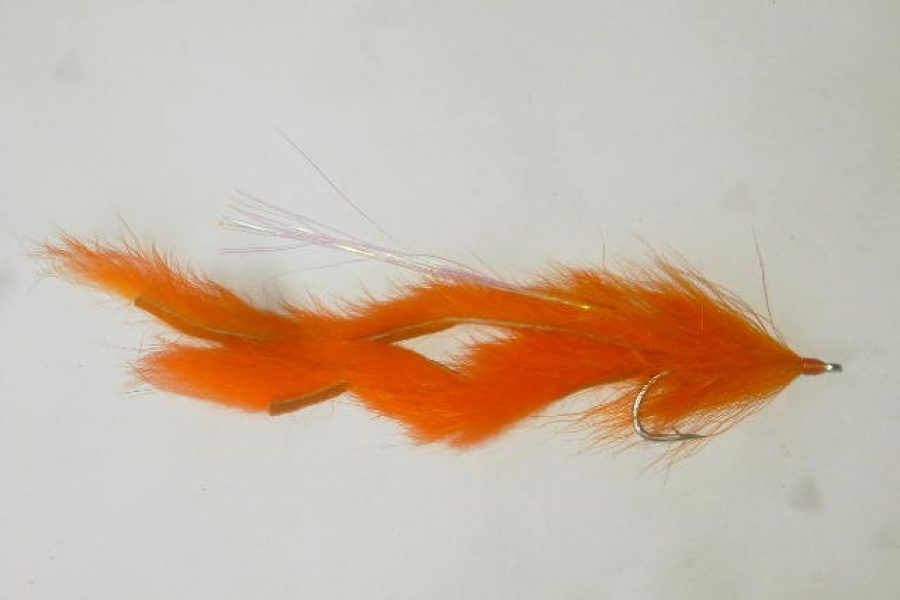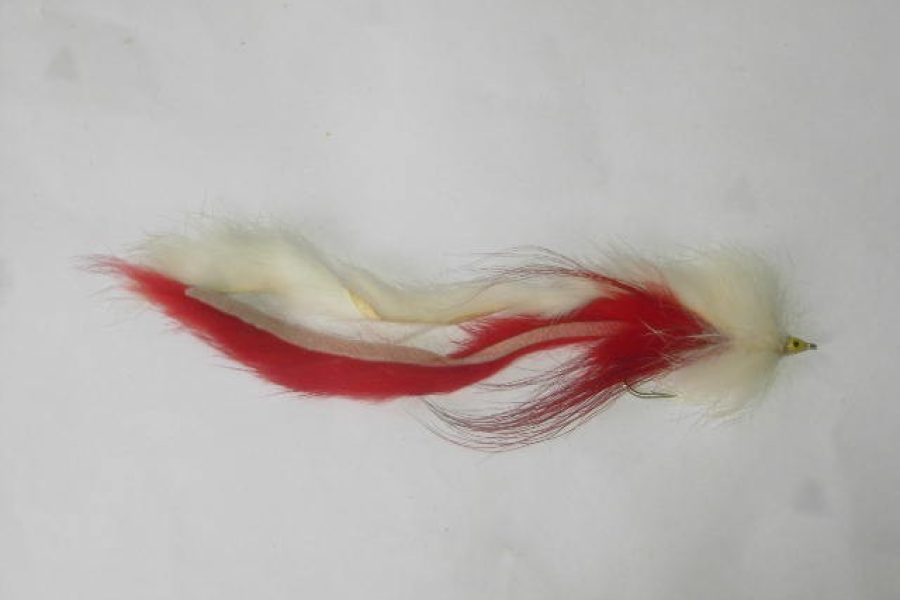Description
The Medicine Fly Sea Trout Fly represents a classic pattern developed by the legendary Hugh Falkus, one of Britain’s most well-known and respected fly fishers. This sophisticated pattern has proven itself as a consistent fish catcher across various conditions, particularly effective for autumn sea trout.
Historical Origins and Development The pattern emerged from Hugh Falkus’s extensive experience with sea trout fishing, designed to be effective throughout the season. Its development reflects deep understanding of sea trout behavior and feeding patterns.
Key Design Developments:
- Falkus’s innovation
- Traditional influence
- Material selection
- Pattern refinements
- Modern adaptations
- Technical improvements
- Contemporary variations
Design Philosophy and Innovation The pattern’s design reflects deep understanding of:
- Simplicity in design
- Profile presentation
- Material selection
- Light reflection
- Movement characteristics
Premium Materials and Construction Traditional Materials:
- Quality hooks
- Bronze mallard
- Mixed hackle
- Fine thread
- Durable finish
Modern Adaptations:
- Enhanced visibility
- Advanced techniques
- Specialized materials
- Innovative finishes
- Strategic flash
Technical Specifications
Hook Configuration:
- Style: Single
- Sizes: Various
- Strength: 2X-3X
- Finish: Black nickel
- Point: Sharp
Body Construction:
- Thread: Strong
- Body: Simple design
- Wing: Bronze mallard
- Profile: Classic
- Action: Natural
Fishing Applications
Water Types:
- Rivers and streams
- Coastal waters
- Estuaries
- Deep pools
- Various conditions
Seasonal Effectiveness:
Spring:
- Early season runs
- High water conditions
- Cold water situations
- Variable depths
- Multiple presentations
Summer:
- Peak season
- Morning/evening fishing
- Bright conditions
- Technical fishing
- Deep running
Fall:
- Prime effectiveness
- Changed water
- Aggressive takes
- Multiple depths
- Various speeds
Advanced Fishing Methods
Presentation Techniques:
- Traditional Swing
- Down and across
- Speed control
- Depth management
- Line mending
- Angle adjustments
- Modern Adaptations
- Strip retrieve
- Pulse techniques
- Dead drift
- Sink and draw
- Multiple depths
Water Reading and Strategy
Key Factors:
- Current speed
- Depth evaluation
- Structure location
- Temperature
- Light conditions
Strategic Approaches:
- Entry point selection
- Drift planning
- Coverage patterns
- Depth control
- Speed adjustment
Environmental Adaptations
Light Conditions:
- Bright sunshine
- Overcast days
- Early morning
- Evening light
- Low light effectiveness
Water Clarity:
- Crystal clear
- Slightly colored
- Stained water
- Post-rain
- Variable visibility
Modern Variations
Size Adaptations:
- Standard sizes
- Scaled versions
- Custom ties
- Situation-specific
- Water-matched
Pattern Variations:
- Traditional style
- Modern materials
- Hybrid designs
- Color adaptations
- Seasonal options
Technical Considerations
Leader Setup:
- Length selection
- Tippet material
- Breaking strength
- Knot choice
- System balance
Equipment Matching:
- Rod weight (7-9wt)
- Line type
- Leader design
- Tippet selection
- Terminal tackle
Conservation and Durability
Material Selection:
- Environmental impact
- Longevity factors
- Strength requirements
- Replacement needs
- Storage considerations
Maintenance:
- Post-use care
- Storage methods
- Repair techniques
- Material preservation
- Long-term durability
Advanced Applications
Specialized Techniques:
- Deep presentation
- Structure fishing
- Cover presentation
- Technical mending
- Line control
Tactical Adaptations:
- Weather conditions
- Water levels
- Fish behavior
- Seasonal changes
- Time of day
Pattern Benefits
Design Advantages:
- Proven effectiveness
- Simple design
- Better tracking
- Precise profile
- Traditional appeal
Performance Benefits:
- Consistent results
- Natural movement
- Strike triggering
- Energy efficiency
- Versatile fishing
Advanced Water Reading
Current Analysis:
- Seam identification
- Depth transitions
- Structure influence
- Temperature breaks
- Holding lies
Strategic Planning:
- Coverage efficiency
- Presentation angles
- Rest periods
- Pattern rotation
- Time management
Seasonal Applications
Spring Tactics:
- Cold water techniques
- High water methods
- Early season approaches
- Fish behavior patterns
- Energy conservation
Summer Strategies:
- Peak season presentations
- Light penetration factors
- Temperature considerations
- Feeding patterns
- Time of day
Fall Methods:
- Prime effectiveness
- Water temperature changes
- Migration patterns
- Aggressive triggers
- Weather influences
British Heritage
Pattern Origins:
- Hugh Falkus legacy
- Traditional methods
- Regional adaptation
- Local knowledge
- Proven effectiveness
Cultural Impact:
- British angling tradition
- Pattern development
- Modern influence
- Global adoption
- Contemporary use
Advanced Rigging Techniques
Leader Considerations:
- Length optimization
- Material selection
- Knot placement
- Strength balance
- Action enhancement
Setup Variations:
- Deep presentation
- Surface fishing
- Mid-water column
- Current adaptation
- Depth control
Specialized Fishing Scenarios
Water Types:
- British rivers
- Coastal streams
- Deep pools
- Running water
- Still water
Light Conditions:
- Dawn periods
- Dusk fishing
- Bright days
- Overcast skies
- Night adaptation
Future Developments
Emerging Trends:
- New materials
- Design refinements
- Tying techniques
- Fishing methods
- Pattern variations
Innovation Areas:
- Material technology
- Construction methods
- Presentation techniques
- Environmental considerations
- Performance enhancement
The Medicine Fly Sea Trout Fly represents the perfect fusion of Hugh Falkus’s expertise and traditional British fly fishing. Its sophisticated yet simple engineering creates a pattern that consistently produces results across varying conditions. Whether targeting sea trout in British waters or international venues, this pattern delivers exceptional performance through its carefully calculated design elements and versatile presentation capabilities.

